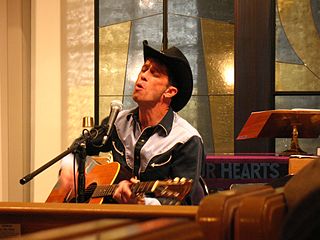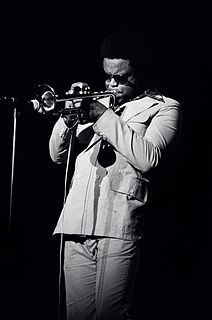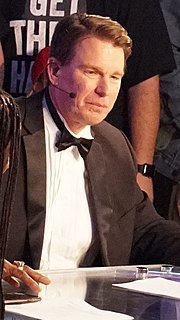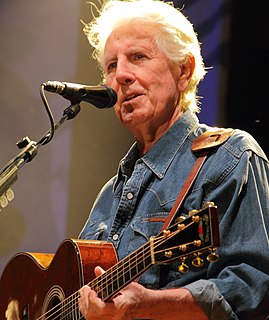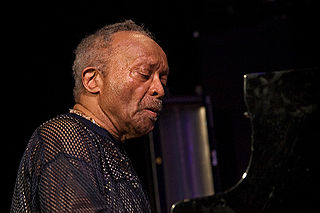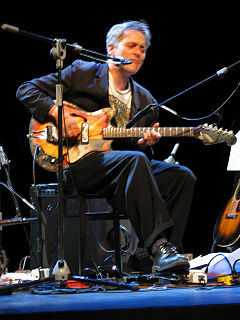A Quote by Laurence Fishburne
Playing solo with an audience for an hour and 30 minutes without a break means I have to, as the jazz cats say, get into the shed and work on my chops.
Related Quotes
I tend to prefer the band thing. I think playing solo is good for about 45 minutes. I remember when I was on my solo tour that I got a chance to play with Martin Stephenson of the Daintees. He's now refashioned himself as almost a delta blues guitar player and he's got all the technique, all the persona and the charisma on stage. I think I do too, but I'm more of a first position strummer guy with a little bit of filigree work. I could listen to him for hours; I could listen to myself playing solo for about half an hour!
Don't make the mistakes I made of not taking care of myself. Please, keeps your chops cool and don't overblow. If you are going to play hard, be sure to warm up. I'd get carried away trying to stay right with the momentum [of Art Blakey and the Jazz Messengers]. I used to try and play like Coltrane and solo for 30 or 40 choruses. It all caught up with me.
I don't understand why anyone would collect my work. Please understand... it's like writing Our House. It took me an hour, it was 30 years ago, get over it! But people say, No, no, it changed my life, and I don't understand that. I can't take that seriously as a producer of what I consider to be art. If they want to collect it, fantastic. If you see what I saw when I took it and it means something to you, then by all means collect it. If I make some money, um, fine.
Introvert conversations are like jazz, where each player gets to solo for a nice stretch before the other player comes in and does his solo. And like jazz, once we get going, we can play all night. Extrovert conversations are more like tennis matches, where thoughts are batted back and forth, and players need to be ready to respond. Introverts get winded pretty quickly.
Interruptions: The average worker gets interrupted five times each hour. It takes an average of 5 minutes to handle each interruption and 1 minute to get back to what you were doing. This adds up to 30 minutes each hour or 50% of your time!!
You've got to think about "big things" while you're doing small things, so that all the small things go in the right direction.
The average age of the Jazz audience is increasing rapidly. Rapidly enough to suggest that there is no replacement among young people. Young people aren't starting to listen to Jazz and carrying it along in their lives with them. Jazz is becoming more like Classical music in terms of its relationship to the audience. And just a Classical music is grappling with the problem of audience development, so is Jazz grappling with this problem. I believe, deeply that Jazz is still a very vital music that has much to say to ordinary people. But it has to be systematic about getting out the message.

